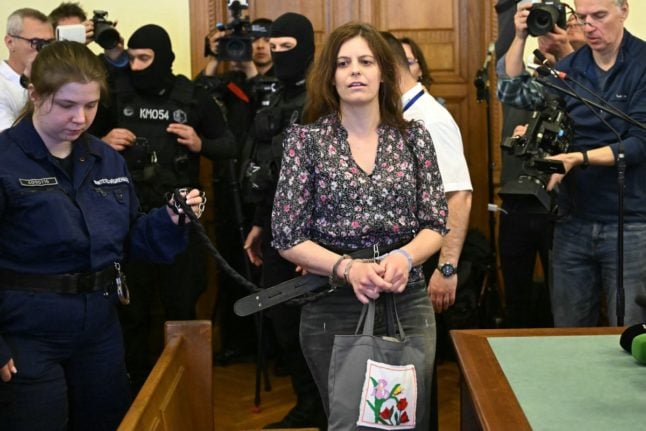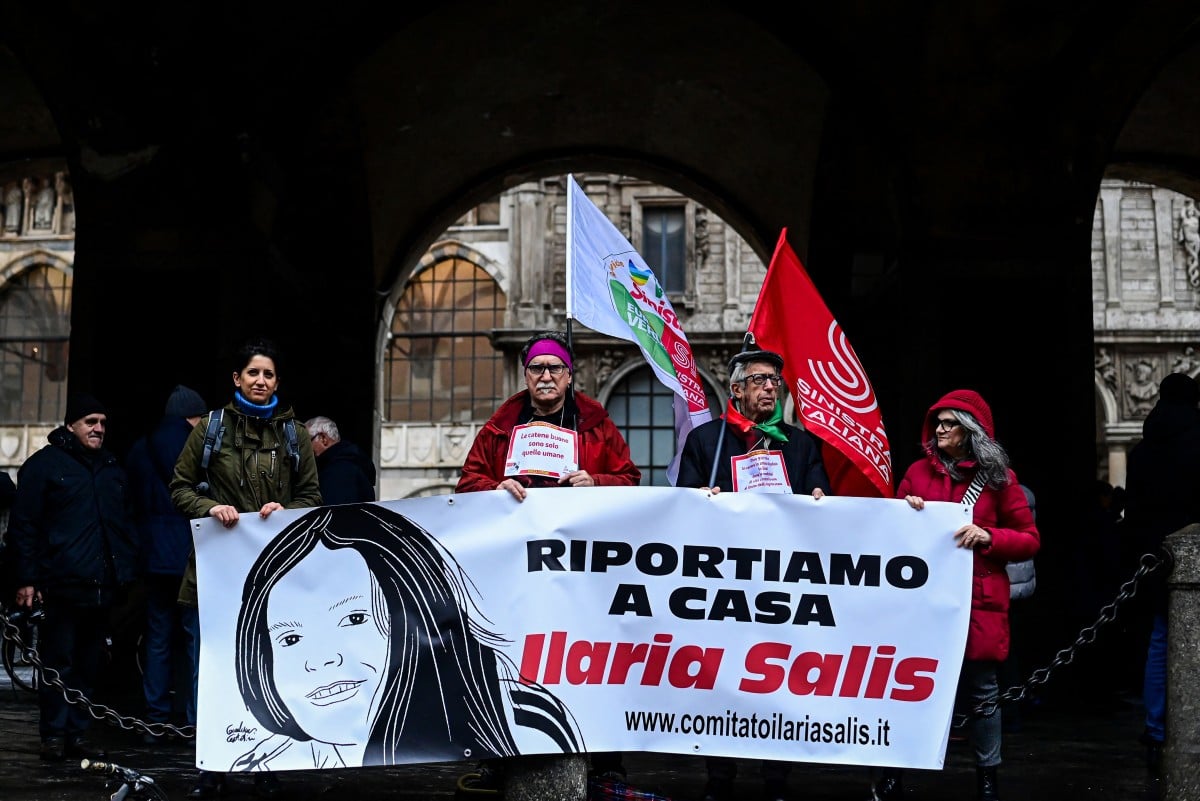Italy has failed to significantly reduce overcrowding in its prisons, according to the Council of Europe’s Annual Penal Statistics.
The report, based on information from 2012, put Italy’s prison population at 66,271, despite only 45,568 places being available. This amounts to 145 detainees per 100 places.
Only Serbia was worse than Italy with a ratio of nearly 160 detainees per 100 places.
However, the Council noted that Greece, which ranked the second worst for prison overcrowding in 2011, below Italy, did not provide data for 2012.
The report also found Italy to have the highest number of foreign prisoners among the Council of Europe’s 47 member states, ANSA said.
A total of 23,773 of detainees in Italy were foreigners in 2012, accounting for 36 percent of the entire prison population.
Of these prisoners, 45 percent were awaiting trial and 21 percent were from another EU country.
The report comes almost a month after Italy’s Justice Minister Andrea Orlando signed an agreement to have Moroccan convicts sent back home, in a move aimed at tackling chronic overcrowding, a year after the European Court of Human Rights ordered Italy to act on the issue.
The agreement, which was made with Orlando’s Moroccan counterpart Mustafa Ramid, will affect Moroccans who have received a definitive conviction in Italy and have been sentenced to a year or more in prison.
In the Council of Europe’s report, Italy was also found to have one of the highest suicide rates in EU prisons, second only to France. In 2011 a total of 63 inmates killed themselves, while in France 100 detainees took their lives.
In January, the death of a prisoner who had been put under psychiatric observation after being jailed at Rome’s Rebibbia prison prompted renewed calls to tackle overcrowding in prisons.
“The problem is that, often, overcrowding doesn’t allow us to know if these people [with psychological problems] are in such pain that they are led to take their own lives,” Angiolo Marroni, from the regional prisoners' rights organization (Garante dei Diritti dei Detenuti del Lazio), was quoted by Roma Today as saying at the time.
Don't miss a story about Italy – Join us on Facebook and Twitter.




 Please whitelist us to continue reading.
Please whitelist us to continue reading.
Member comments